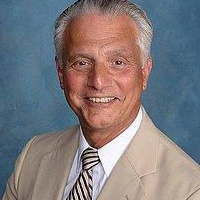Gradyville Felony Lawyer, Pennsylvania
Sponsored Law Firm
-
 x
x

Click For More Info:
-
The McGarrigle Law Firm
1500 Walnut Street, 22nd Floor Philadelphia, PA 19102» view mapWhite Collar Crime, Criminal Appeals, DUI&DWI Trial Experience & Zealous Advocacy
The Firm’s devoted attention to your individual concerns, our vast trial experience in all types of criminal matters, and our skillful advocacy will ensure that your rights are protected.
800-934-5330
Christopher Bokas
✓ VERIFIEDCriminal, Car Accident, Wrongful Death, DUI-DWI, Felony
Attorney Christopher Bokas handles all felonies and misdemeanors, including white collar crimes, juvenile crimes, drug offenses, parol and probation v... (more)
Arik T. Benari
DUI-DWI, White Collar Crime, Misdemeanor, Felony
Status: In Good Standing Licensed: 23 Years
FREE CONSULTATION
CONTACTSteve Edward Jarmon
Criminal, DUI-DWI, Felony, Misdemeanor, Traffic
Status: In Good Standing Licensed: 19 Years
FREE CONSULTATION
CONTACTFREE CONSULTATION
CONTACT
 Daniel McGarrigle Philadelphia, PA
Daniel McGarrigle Philadelphia, PA TestimonialsRecent Reviews
TestimonialsRecent Reviews Contact UsCall or Email
Contact UsCall or Email

